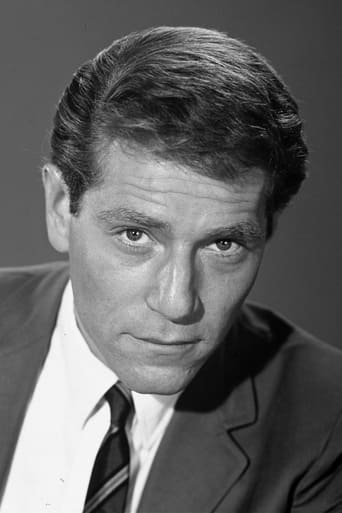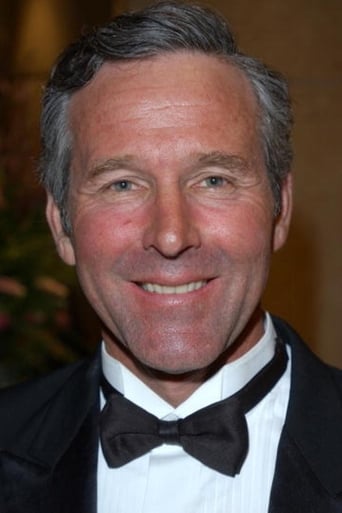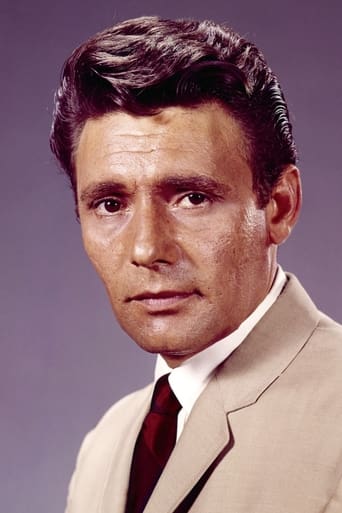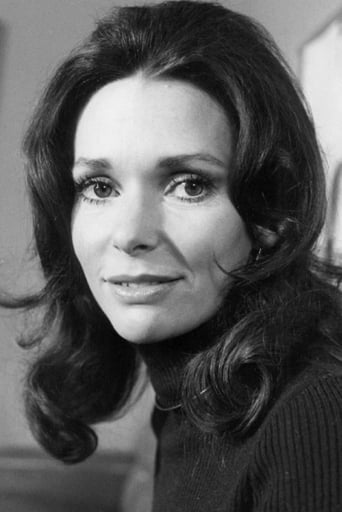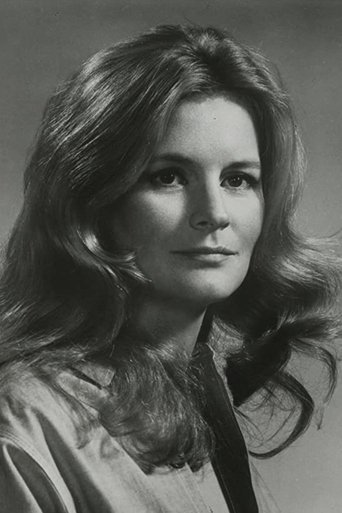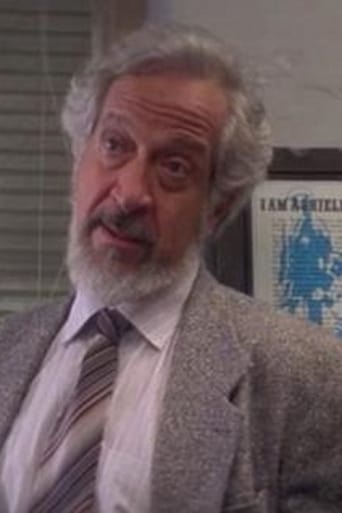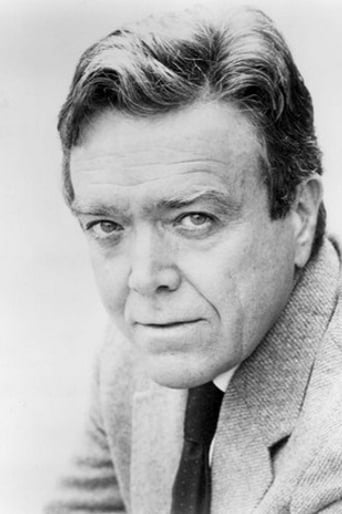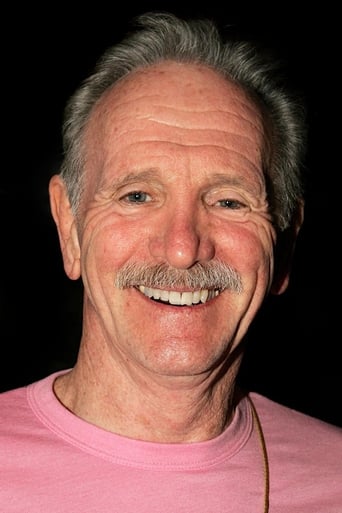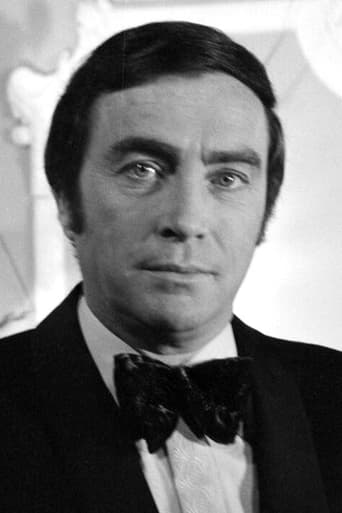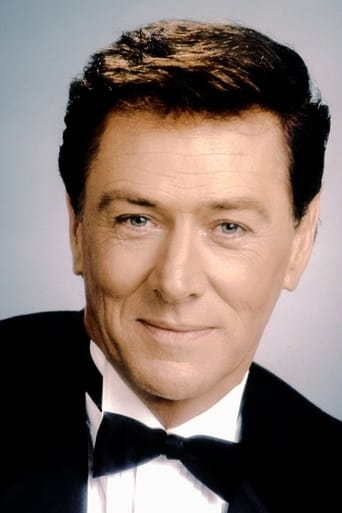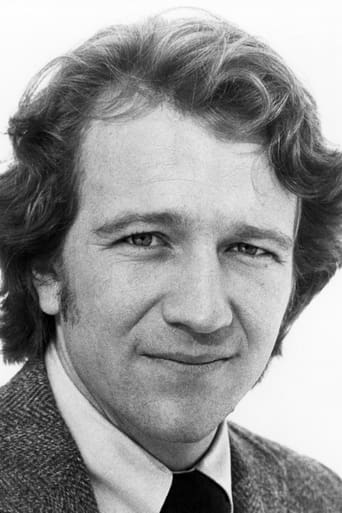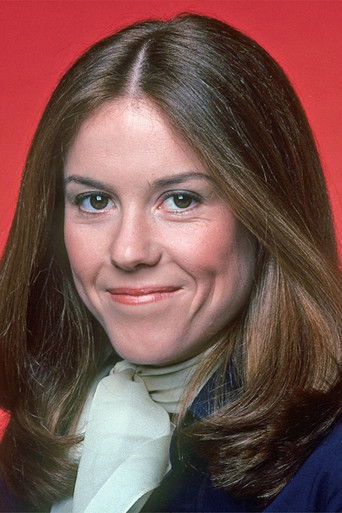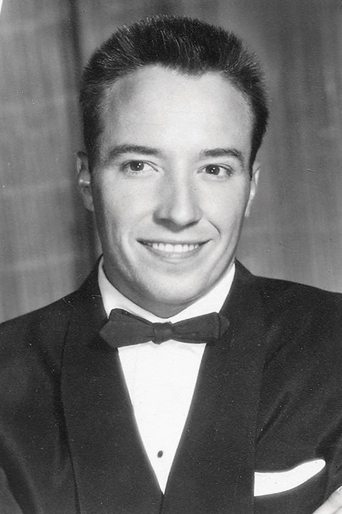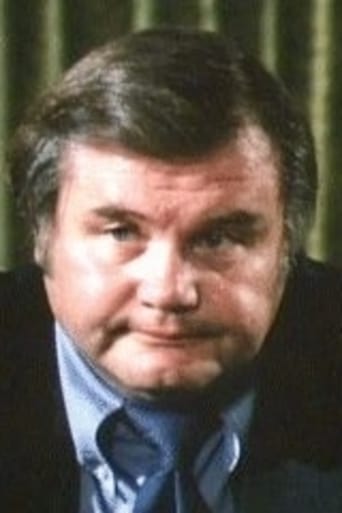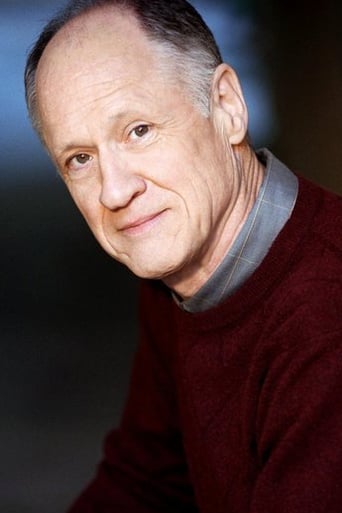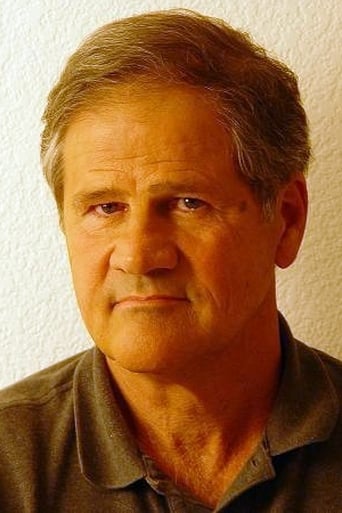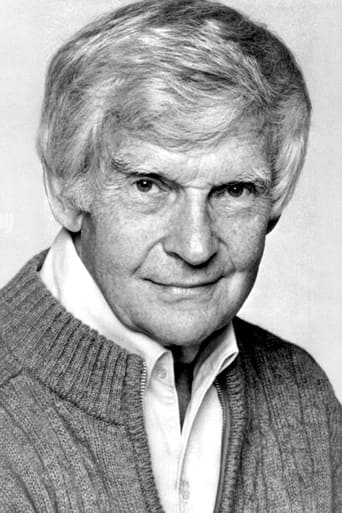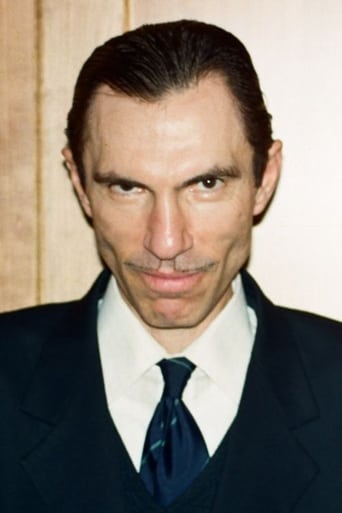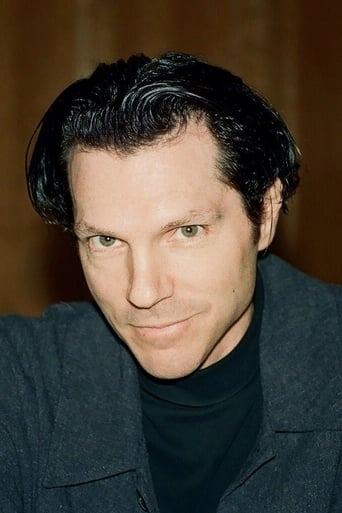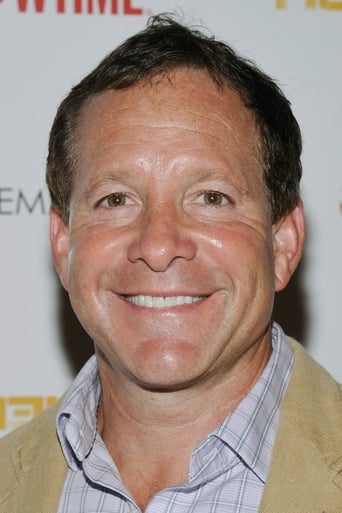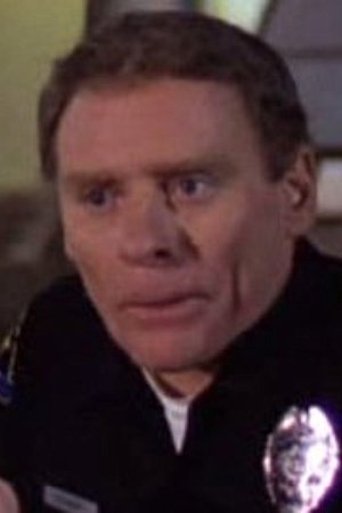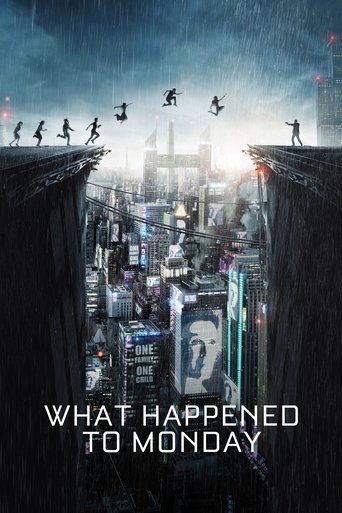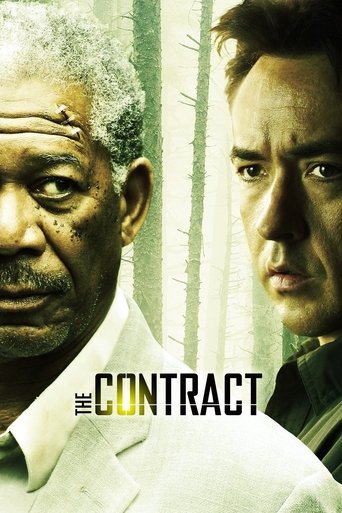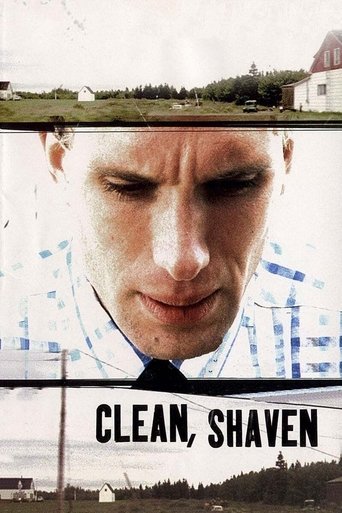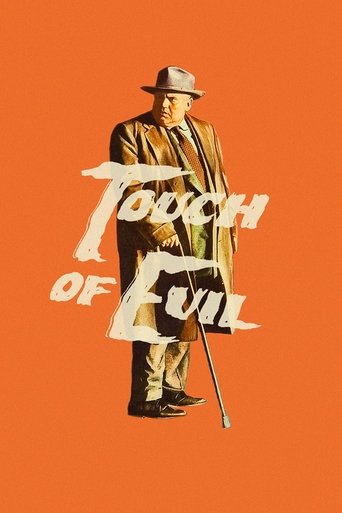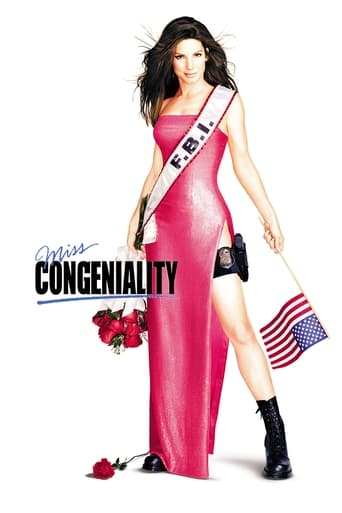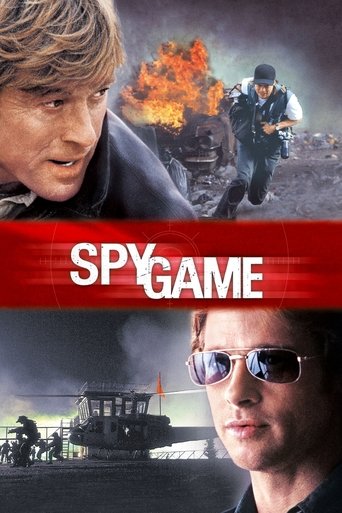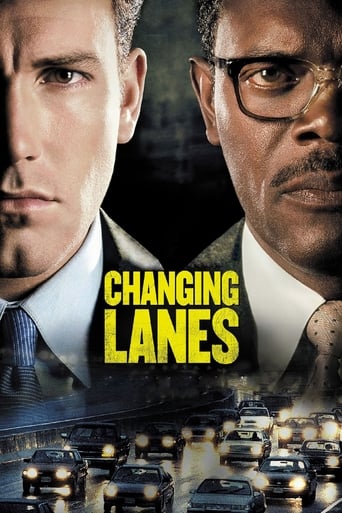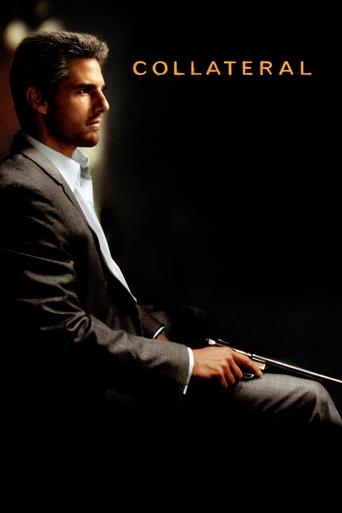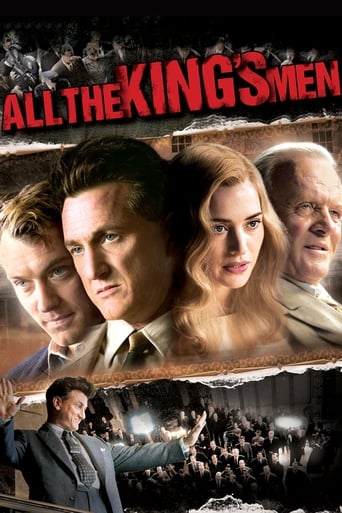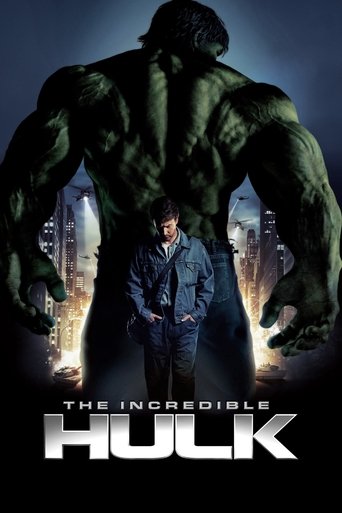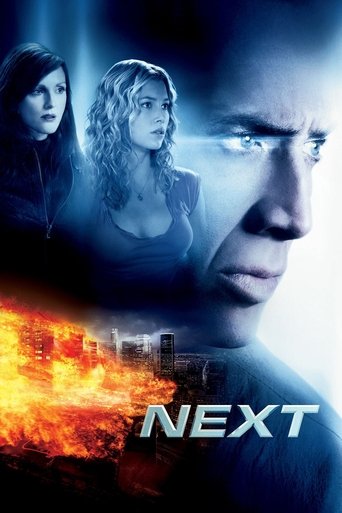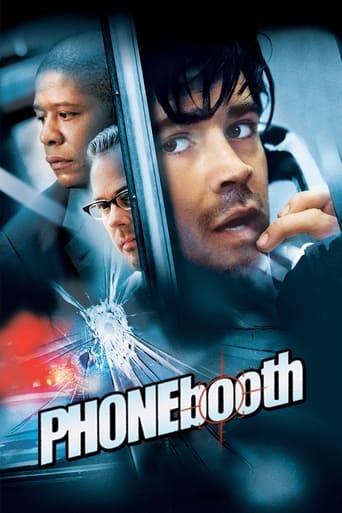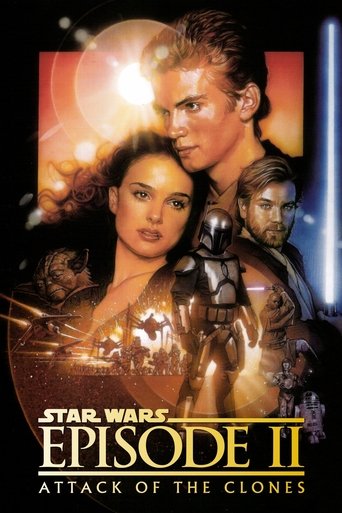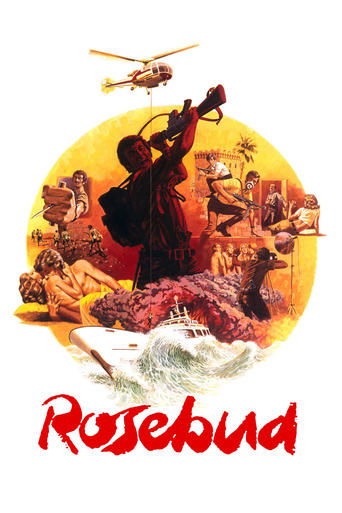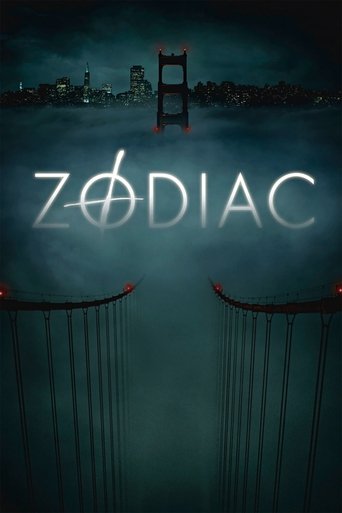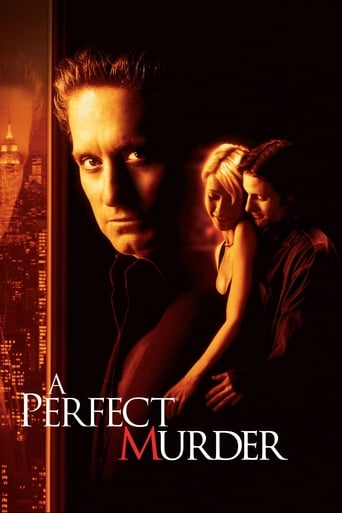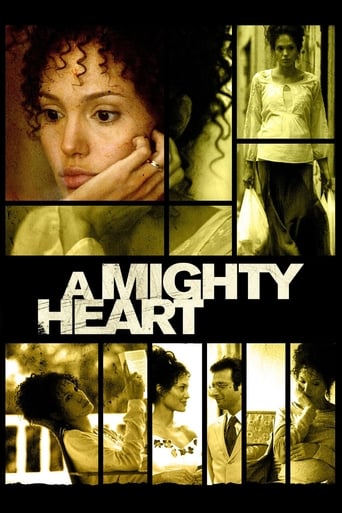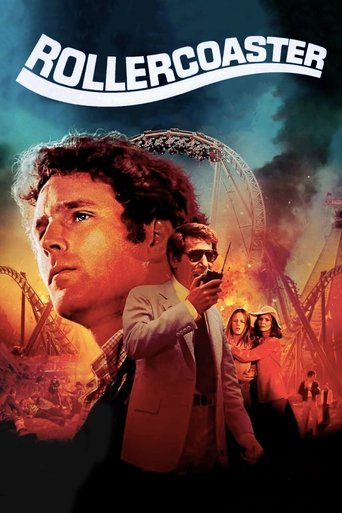
Rollercoaster (1977)
A young terrorist kills and injures patrons of a Norfolk amusement park by placing homemade explosives on the track of one of its roller coasters. After staging a similar incident in Pittsburgh, he sends a tape to a meeting of major amusement park executives in Chicago, demanding $1 million to make him stop.
- James Goldstone
- William Link
- Sanford Sheldon
- Tommy Cook
- Richard Levinson
- Richard Levinson
- William Link
Rating: 5.957/10 by 141 users
Alternative Title:
Achterbahn - DE
Country:
United States of America
Language:
English
Runtime: 01 hour 59 minutes
Budget: $9,000,000
Revenue: $8,200,000
Plot Keyword: bomb, blackmail, fbi, investigation, inspector, disaster, terrorism, amusement park, roller coaster / rollercoaster, virginia, bomb squad, sensurround
Wrong psychological profile, Harry. I'm not in this for kicks. Rollercoaster is directed by James Goldstone and co-adapted to screenplay by Sanford Sheldon, Richard Levinson and William Link from a suggested Tommy Cook story. It stars George Segal, Timothy Bottoms, Richard Widmark, Harry Guardino, Susan Strasberg and Helen Hunt. A Panavision/Technicolor production in Sensurround, it features music by Lalo Schifrin and photography by David M. Walsh. A psychopathic bomber known only as "Young Man" (Bottoms) is causing terror at American theme parks. When safety inspector Harry Calder (Segal) is brought in to investigate, it sets off a cat and mouse game as the "Young Man" ups the ante... Even now Rollercoaster is still wrongly being lumped in with the disaster movie genre that surfaced in the 1970s. Released at a time when that particular genre of film was fading out, Rollercoaster is anything but a disaster movie. What it is, in fact, is a psychopath character based thriller that adheres to procedural values and character involvement. As it runs at nearly two hours in length should notify viewers that it isn't a film chocked full of Rollercoaster sequences and explosive pyrotechnics. Yes, there's some exciting "Coaster" sequences, neatly shown to us in POV, and in spite of the (obvious 1970s) use of dummies for the plot set up carnage, this thrives on human interest and race against the clock suspense. The marker is set early on as Bottoms' smirking killer sets up his first murderous act whilst listening to some deathly string arrangement on his cassette player. We then segue into funfair music as the joys of the amusement park brings a warmth and calm to the viewer, this however is soon vanquished as the terror that a terrorist can bring comes right to the fore. From here on in the Bottoms character remains mysterious, but we now know just what he is capable of. Likewise does Segal's character, as do the likes of Widmark's Agent Hoyt and the rest of the "suits" frantically scratching around trying to avert further tragedy as the fresh faced bomber demands money with menaces. This ensures the bulk of the film is made up of Calder and Young Man interactions and police procedural movements. It has much talk, very much so, but it's well scripted dialogue and heightens the tension as we enter the final third. One of the few films to feature the Sensurround gimmick, the film perhaps logically loses much impact on the small screen. Prints of the film are only adequate, and the sound mix doesn't shake your lounges in the way it certainly did back in 1970s theatres. Yet this is still a damn fine suspense picture, a pic that also carries with it some stoic performances from Segal and Widmark - and a chillingly effective villainous turn from the undervalued Bottoms. Henry Fonda is on the credits, but really it's just an early cameo appearance, while there's much interest value in watching future Academy Award winner Helen Hunt as the young daughter of Harry Calder. Expect a taut thriller like "Two-Minute Warning", which was released the previous year, and you hopefully will not feel at all let down. Expecting a two hour disaster movie full of Coaster Carnage, however, will only lead to a crushing disappointment. 8/10

